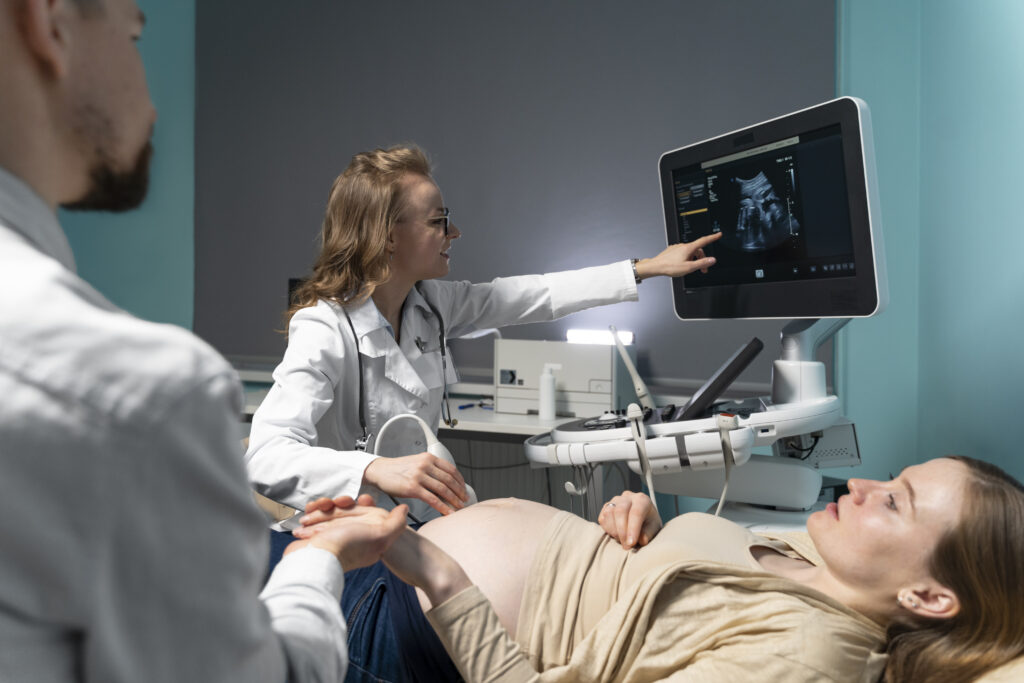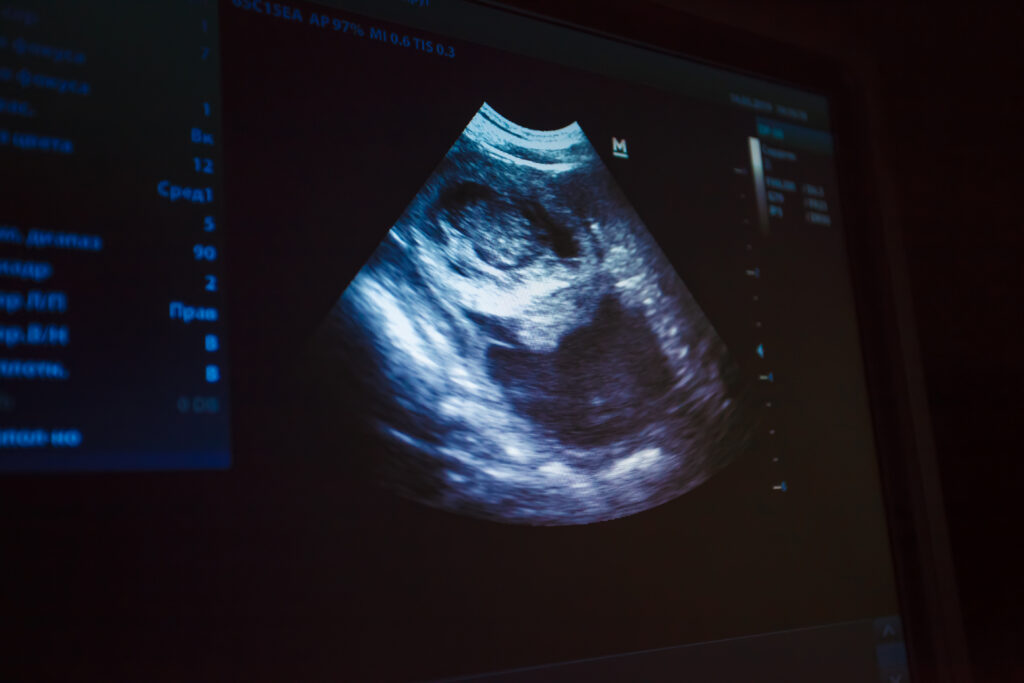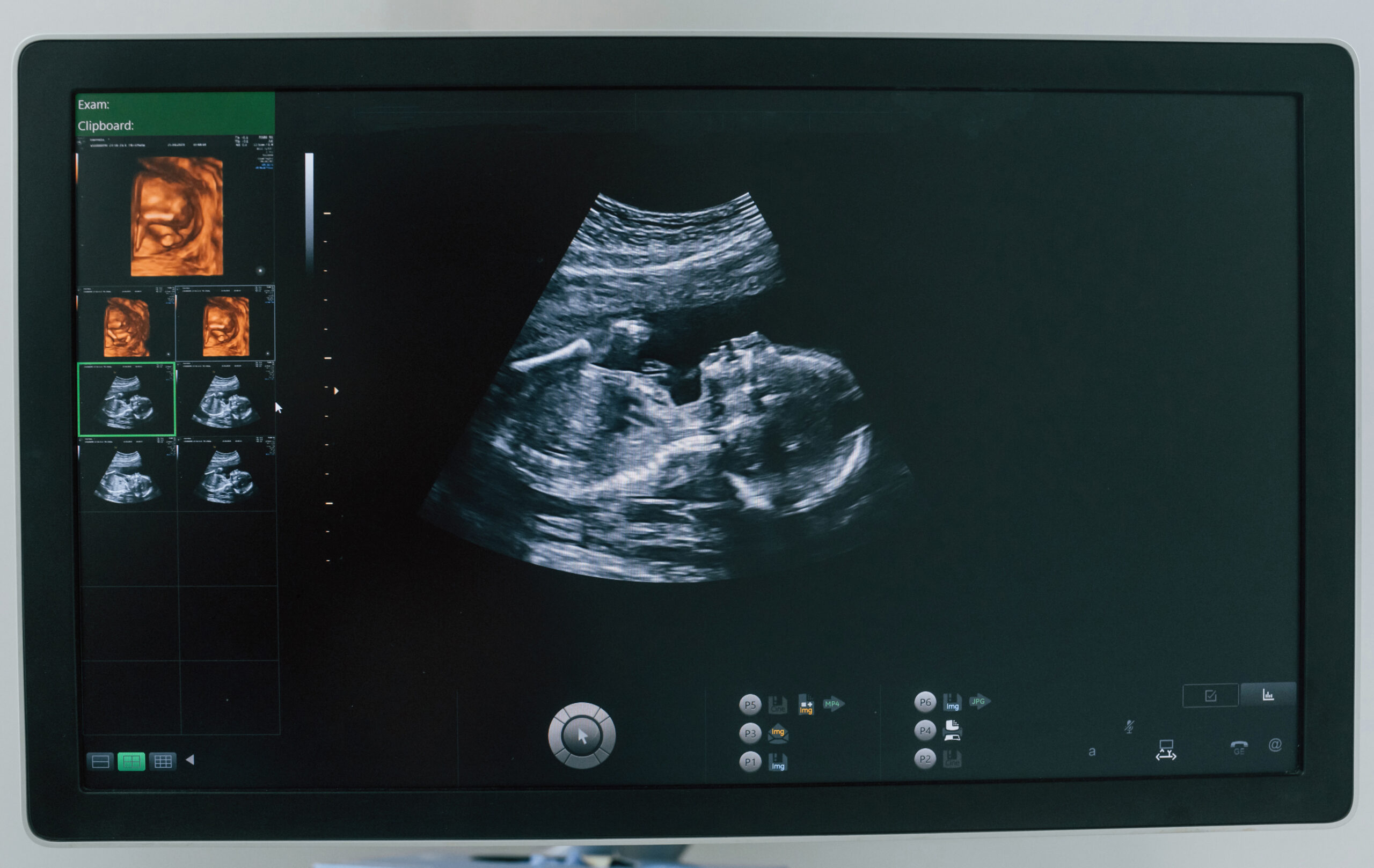Monitoring your baby’s health during pregnancy is one of the most important aspects of prenatal care. One crucial diagnostic tool that helps detect congenital heart issues before birth is the fetal echocardiography test. This specialized ultrasound gives detailed images of your baby’s heart, allowing early diagnosis and treatment planning if any abnormalities are found.
For expectant parents, Lifeline Hospital, Kochi stands out as the best fetal medicine hospital in Kochi, offering advanced fetal echocardiography and comprehensive maternal care.
What Is a Fetal Echocardiography Test?
The fetal echocardiography test is a non-invasive ultrasound that examines the structure and function of an unborn baby’s heart. It is typically performed between the 18th and 24th weeks of pregnancy. This test provides detailed images of the fetal heart chambers, valves, and major blood vessels.
Unlike a routine pregnancy scan, this test focuses only on the heart, giving a much clearer picture of its development.

Why Is the Fetal Echocardiography Test Important?
Congenital heart defects (CHDs) are among the most common birth abnormalities. Early detection through the fetal echocardiography test allows doctors to:
- Plan appropriate care before and after delivery
- Determine the need for early interventions or surgeries
- Monitor the progression of the condition
- Improve outcomes for both mother and baby
By identifying issues early, parents can also be mentally and emotionally prepared for any specialized care their baby might need after birth.
Who Needs a Fetal Echocardiography Test?
While not all pregnancies require this test, your doctor may recommend a fetal echocardiography test if:
- You have a family history of congenital heart defects
- The mother has diabetes or autoimmune diseases
- An abnormality was seen during a routine ultrasound
- You’ve taken certain medications during pregnancy
- There is increased nuchal translucency in earlier scans
- You’re carrying twins or have other high-risk factors
Even in the absence of risk factors, some parents opt for this test for peace of mind.
How Is the Fetal Echocardiography Test Performed?
The procedure is safe, painless, and similar to a regular ultrasound. It usually takes 30 to 60 minutes.
Steps Involved:
- The mother lies on an examination bed.
- A special gel is applied to the abdomen.
- A transducer sends sound waves that create images of the fetal heart.
- The cardiologist or radiologist evaluates the heart’s size, shape, rhythm, and blood flow.
In some cases, a transvaginal ultrasound may be used, especially in early pregnancy.

What Can the Test Detect?
The fetal echocardiography test can help detect:
- Holes in the heart (septal defects)
- Valve abnormalities
- Underdeveloped heart chambers
- Irregular heart rhythms
- Outflow tract defects
- Hypoplastic left or right heart syndrome
Early diagnosis of these conditions can significantly improve treatment success and planning.
Benefits of Early Detection with Fetal Echocardiography
- Better Planning: Early diagnosis allows for coordinated care during and after delivery.
- Specialized Delivery: Some babies may need to be delivered in centers with neonatal cardiac support.
- Peace of Mind: Even if no abnormality is found, the test provides reassurance to parents.
- Improved Survival Rates: Babies diagnosed with heart issues early have better outcomes with timely treatment.
Where to Get the Best Fetal Echocardiography Test in Kerala?
When it comes to expert fetal care, Lifeline Hospital, Kochi is a trusted name. As the best fetal medicine hospital in Kochi, they offer:
- State-of-the-art fetal imaging equipment
- Skilled and experienced fetal medicine specialists
- Accurate and timely reporting
- Complete support and counselling for parents
Expectant mothers are guided throughout the process with compassion and expert care, making Lifeline Hospital the go-to choice for prenatal diagnostics in Kerala.
Are There Any Risks Involved?
The fetal echocardiography test is completely safe for both mother and baby. It uses sound waves, not radiation, and does not carry any known risks. You may feel slight pressure from the probe, but that’s all.
How to Prepare for the Test?
No special preparation is needed. You may be asked to drink water before the scan to fill your bladder, especially during early pregnancy. Wear comfortable clothing to allow easy access to your abdomen.

Conclusion
The fetal echocardiography test is a valuable diagnostic tool for assessing your baby’s heart health before birth. It provides essential information that can shape your care plan and improve outcomes. If you are seeking reliable and compassionate fetal care, Lifeline Hospital, the best Fetal Medicine Hospital in Kochi, is the ideal destination. With their advanced technology and expert team, they ensure both you and your baby receive the best possible care throughout the pregnancy journey.
Act early, stay informed, and give your baby the healthiest start in life.
FAQs
1. Is fetal echocardiography different from a regular ultrasound?
Yes. It focuses only on the heart, offering a much more detailed view.
2. Is the test painful?
Not at all. It’s a painless and non-invasive scan.
3. Can fetal echocardiography detect all heart defects?
It can detect most major structural heart issues but may not catch all minor ones.
4. How long does the fetal echocardiography test take?
Usually between 30 to 60 minutes.
5. Will I get the results immediately?
Preliminary results may be shared right away. A detailed report follows shortly.

